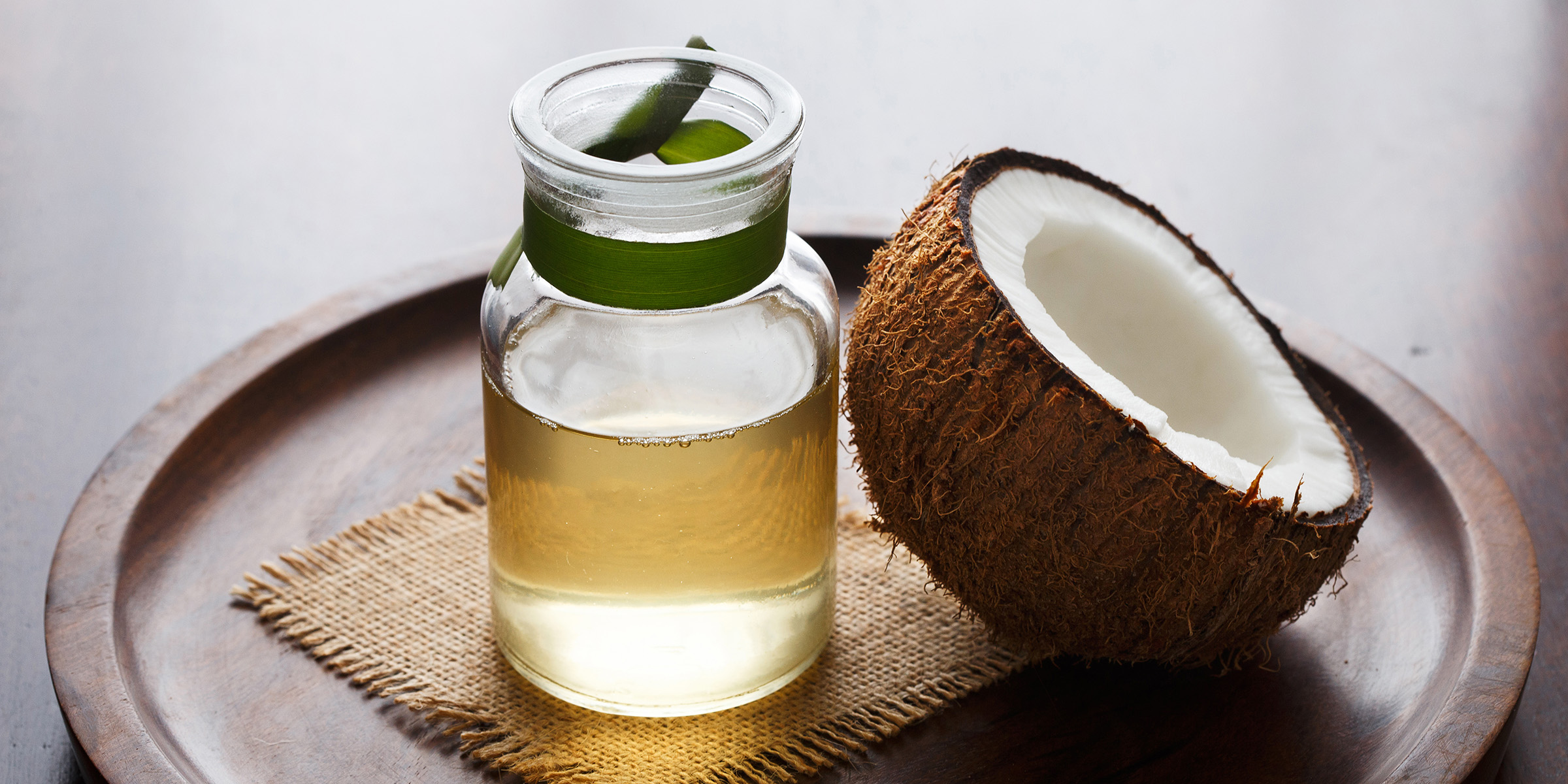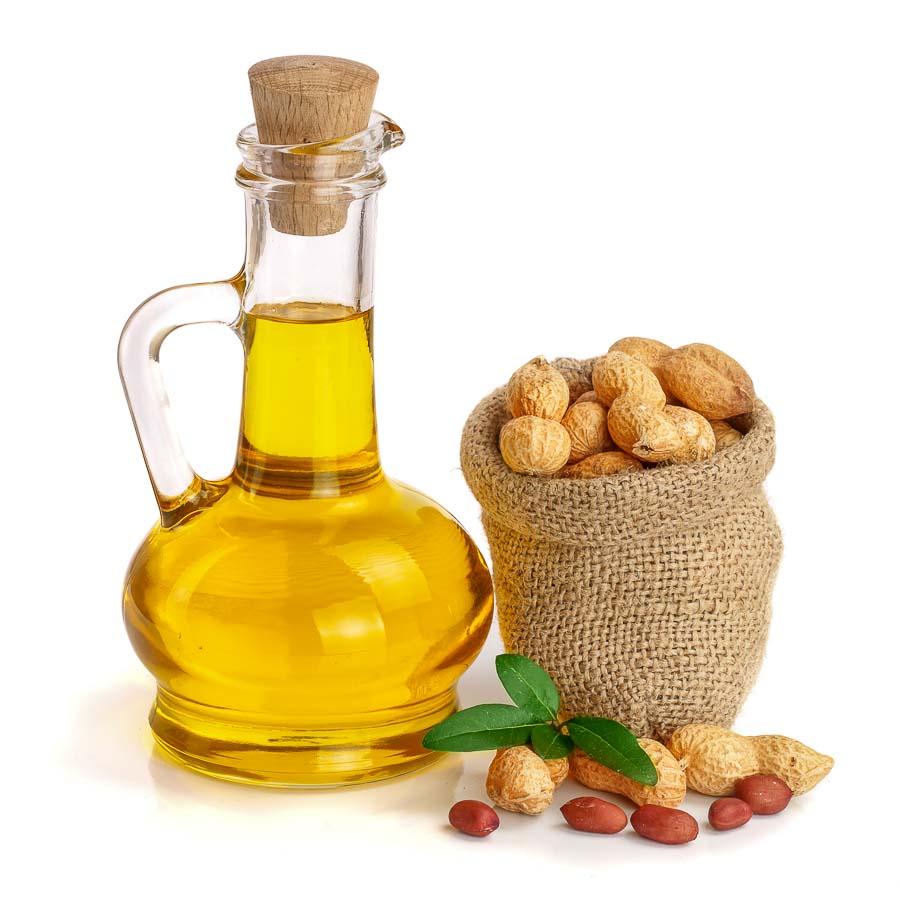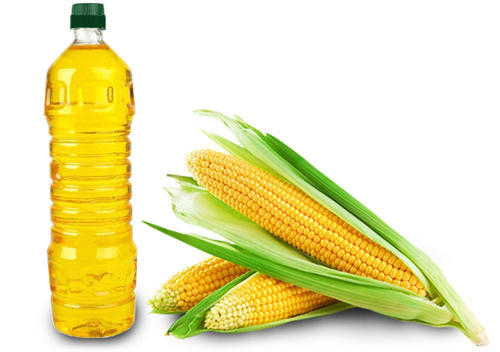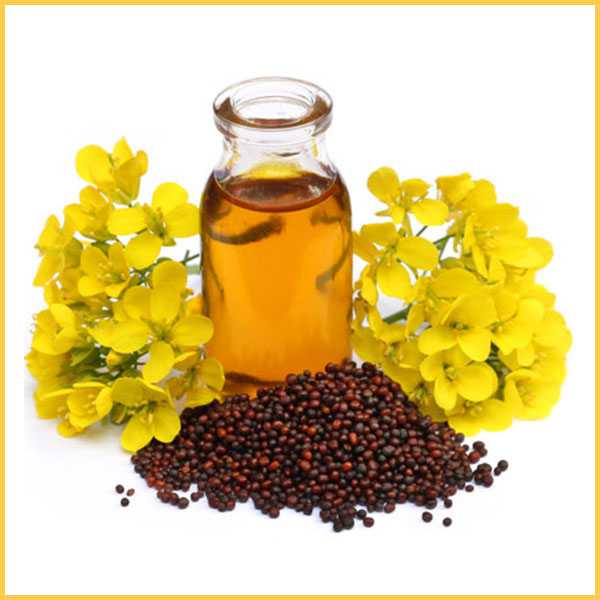Caprylic
Macronutrient
Last update date: October 11, 2023
Caprylic acid is fatty acid found in plam oil, cocnut oil, and milk of humans and some animals. It exhibits antibacterial, antiviral, anti-fungal, and anti-inflammatory properties.
Frequently Asked Questions
1.
What is Caprylic?
Caprylic acid, also known as octanoic acid or C8 Acid, is a type of saturated fatty acid classified as a medium-chain fatty acid (MCFA). It is characterized by its eight-carbon chain structure and is naturally found in various sources such as coconut oil, palm oil, and small quantities in human and certain animal milks. Caprylic acid has both industrial and potential health applications, with antimicrobial properties, and is used in perfumery, dye production, and as a food contact surface sanitizer in commercial food handling establishments.
2.
What is positive impact of Caprylic?
Caprylic acid can have several positive effects on your health: Yeast Infections: Caprylic acid is known for its antifungal properties and may help combat yeast infections, such as Candida overgrowth. Skin Conditions: Some individuals find relief from certain skin conditions, like acne and psoriasis, when using caprylic acid-containing products. Digestive Disorders: It may aid in maintaining a healthy gut by supporting a balanced microbiome. Antibiotic Resistance: Caprylic acid's antimicrobial properties may contribute to combatting antibiotic resistance. Cholesterol: Some studies suggest that caprylic acid may help regulate cholesterol levels, potentially benefiting heart health.
3.
What is negative impact of Caprylic?
While generally safe, caprylic acid supplements may cause mild stomach or digestive upset in some individuals. If you frequently experience stomach problems, it's advisable to consult a healthcare professional before taking caprylic acid supplements.
4.
Who should avoid Caprylic?
Certain individuals should exercise caution or avoid caprylic acid-containing products: Coconut Allergy: People with a known allergy to coconut oil should be careful, as caprylic acid is present in coconut oil. Even purified ingredients may still trigger a reaction. Environmental Concerns: Those with environmental concerns should note that the farming of both palm and coconut oil has been associated with environmental harm. Opting for sustainably sourced options can help minimize this impact.
5.
What are common sources of Caprylic?
Caprylic acid can be naturally obtained from various sources in Indian cuisine: Coconut Oil: Widely used in Indian cooking, coconut oil is a primary source of caprylic acid and offers numerous health benefits. Palm Oil: Palm oil is a common ingredient in Indian food products. Opt for sustainably sourced palm oil to reduce environmental impact. Dairy Products: Small amounts of caprylic acid can be found in the milk of humans and certain animals.
















